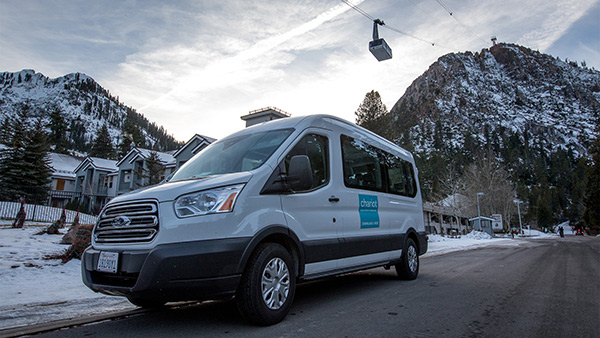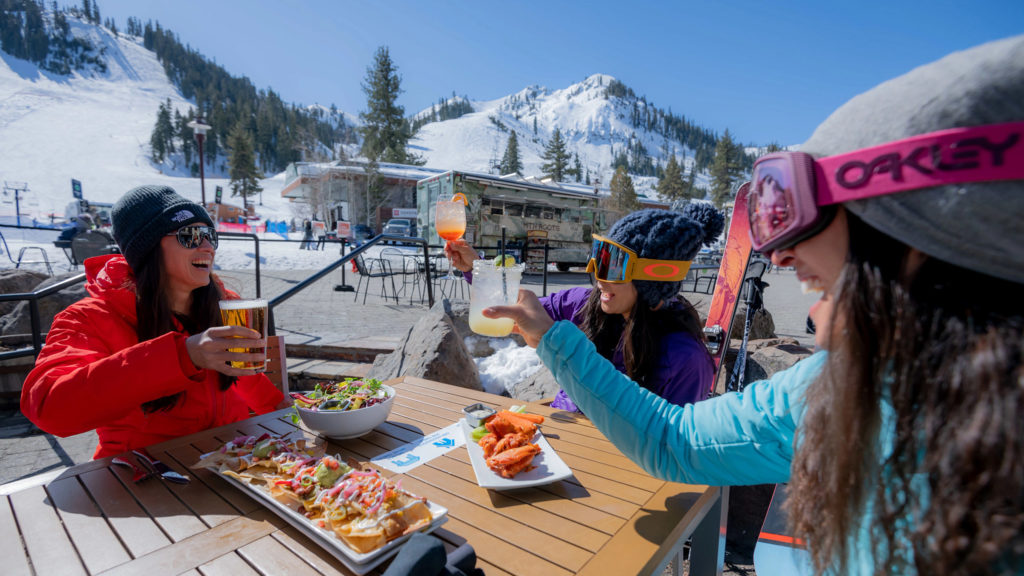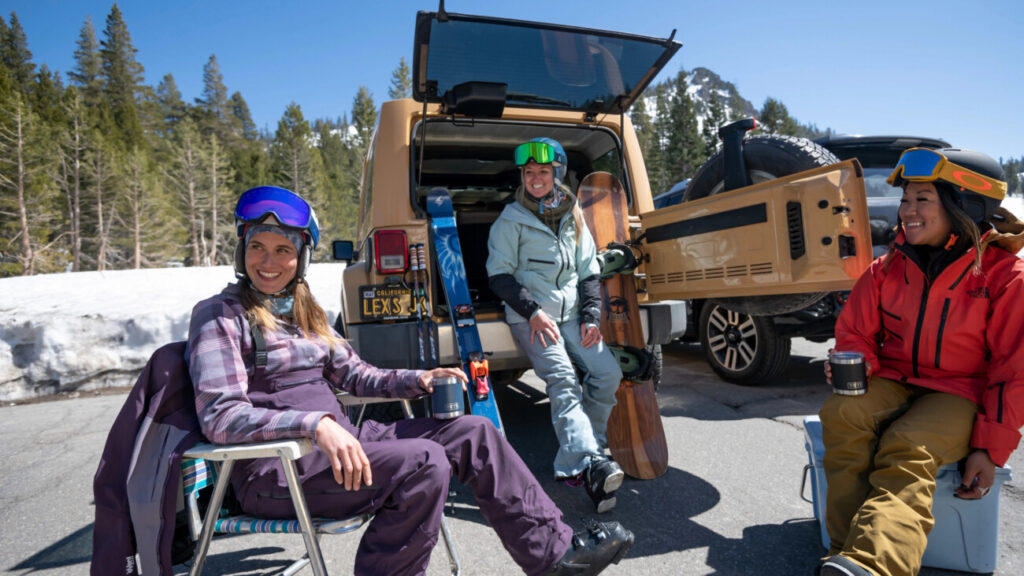Palisades Tahoe Transportation Initiatives
- Free premium (Protect Our Winters) POW Parking at both The Village at Palisades Tahoe and Alpine for those who carpool with 3+ in their vehicle, encouraging High Occupancy Vehicle use.
- Free access to on-site electric car charging at the base of the mountain. Squaw Valley was the first resort in California to install electric car charging stations.
- Palisades Tahoe contributes $125,000 annually to regional transportation, and has paid for employee bus fares since 1998.
- Free Shuttle between The Village at Palisades Tahoe and the Alpine Lodge, which eliminates roughly 85 tons of CO2 in emissions (18 vehicles off the road/year) annually and transports over 40,000 passengers between the two mountains each year.
- In the 2016-17 season, Palisades Tahoe piloted the first ever intra-valley transit program by partnering with Chariot. Due to its success over the holidays, Chariot was also used during World Cup. 1,021 guests in Palisades Tahoe took free rides with Chariot.
- Based on visitation forecasts and road conditions, the Palisades Tahoe parking department may delineate Squaw Valley Road with cones and traffic flow signs to create two incoming traffic lanes and one outgoing traffic lane in the morning to aid traffic flow from Hwy 89 into the resort.
- The resort’s parking department currently has four Changeable Message Signs to help communicate to our guests and the community. They are used to provide updates on road conditions, parking availability, traffic configurations, special events and mountain conditions. Two are located on Hwy 89 as contracted with CalTrans, and the other two are placed on Alpine Meadows Road and Squaw Valley Road.
- Palisades Tahoe played an instrumental role in helping to get Uber interested in serving the Tahoe basin, and efforts are ongoing. Uber is potentially a great resource for expanding ride-share options.
- Palisades Tahoe has participated in the North Lake Tahoe Express (Reno Airport Shuttle) Business planning committee.
- The “Ride On” employee bike to work program this summer, encourages employees to both be active, and reduce their own individual vehicle miles traveled when they travel to and from work. Our team rode 8,372 miles in 2017, saving 9,477 pounds of carbon emissions from entering the atmosphere.
The success of the Chariot pilot program prompted local homeowner associations to pursue the formation of a new Tourism Business Improvement District (TBID) organizational effort, which, if successful, could result in the addition of a 1% TBID assessment to the current Transient Occupancy Tax (TOT) paid by lodging and short-term rental guests. This would support year-round intra-valley transit in Olympic Valley and Alpine Meadows at no cost to the rider. Palisades Tahoe has pledged to supply at least $150k in annual funding subsidy to this effort.
The goal of this effort is to take the first small step in traffic reduction by making it convenient and easy for residents and overnight guests in Olympic Valley and Alpine Meadows to get around the resort communities via predictable, regular shuttle service rather than by using their own cars.
Here’s the petition the HOAs started with more about what they’re hoping to do:
Should you wish to talk to the homeowners who are leading the charge with this effort, please contact Keith Fountain at keith@riverwoodpartners.net.
Separately, Palisades Tahoe continues to advocate for regional efforts that will improve transportation throughout North Lake Tahoe and Truckee. Some of those efforts have included:
- Although Measure M did NOT pass, Palisades Tahoe supported it with marketing efforts and countless staff hours, and will support future measures similar in nature. It would have brought $48M to the local transit program over the next 30 years
- Our staff is supporting Placer County’s efforts including a pilot “Bus on Shoulder” and offsite parking program that may enhance public transit efficiency.
- We collaborate with and contribute funding to Placer County and other agencies, plus test and enact solutions to our region’s long-standing transportation challenges. We participated in crafting, and strongly support the “Sustainable Transit Vision.” The Vision effort culminated in the adoption of the most recent TART 5-year system plan by the Placer County Board of Supervisors.









